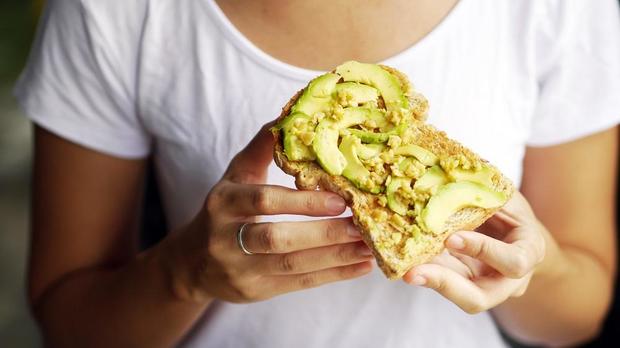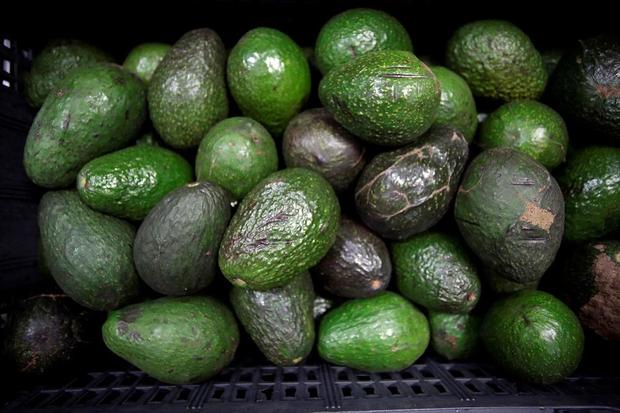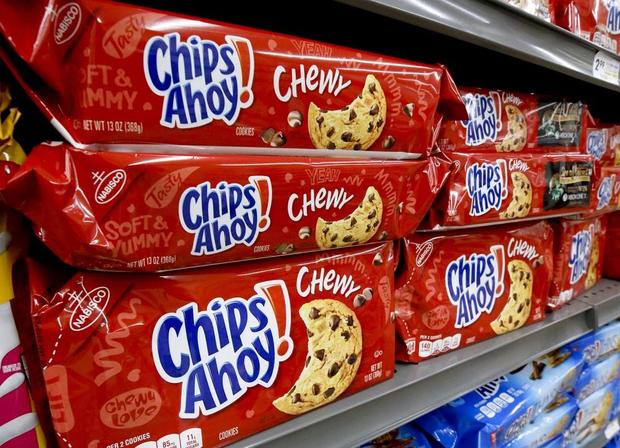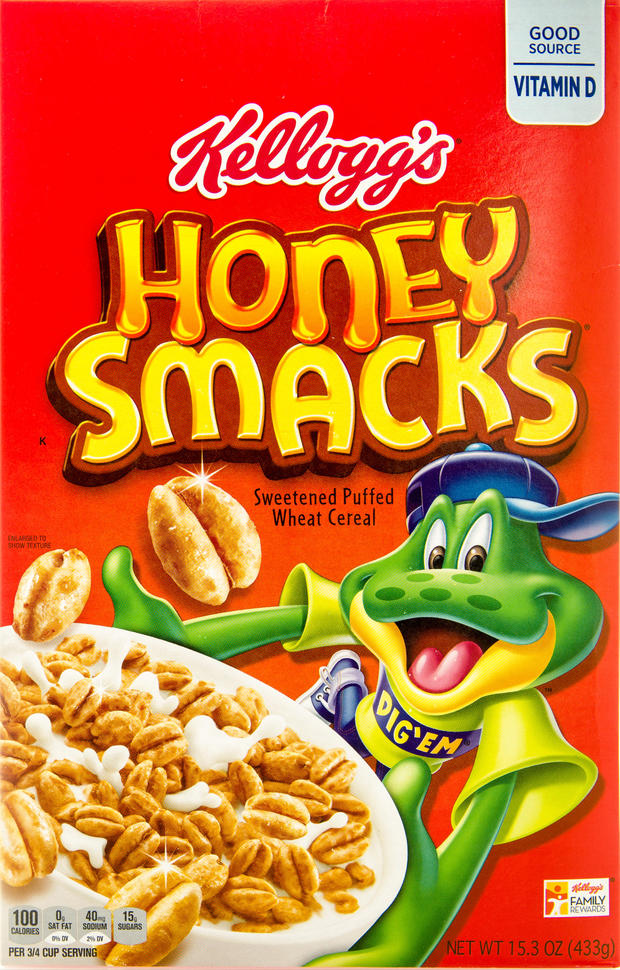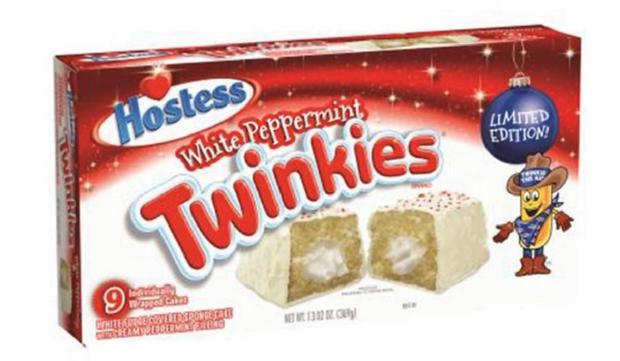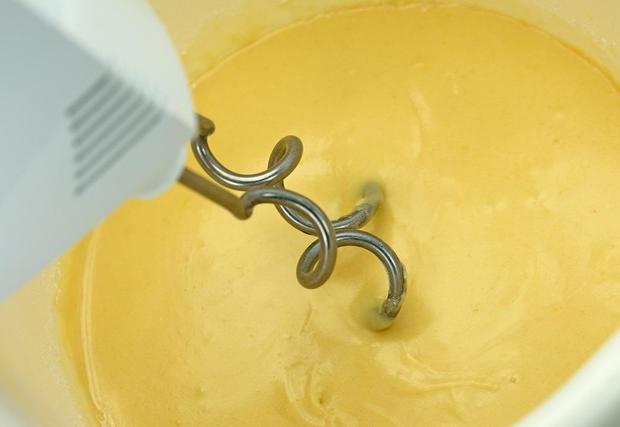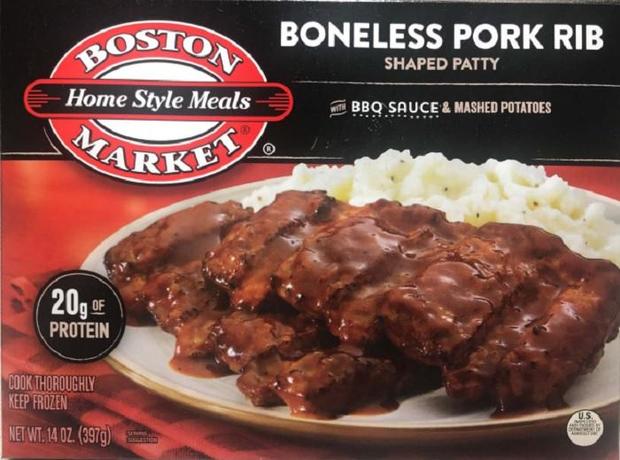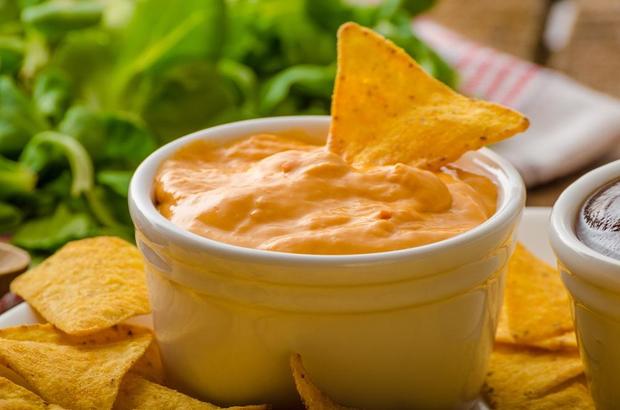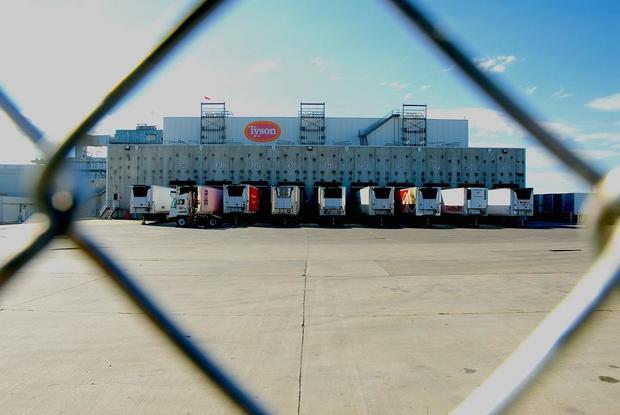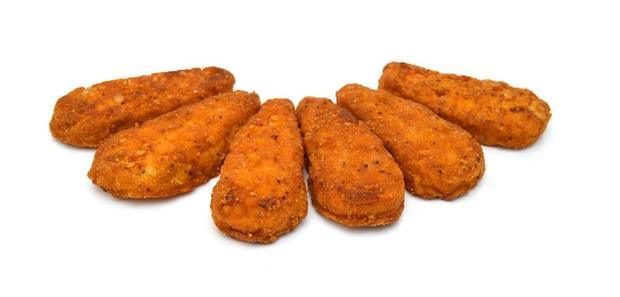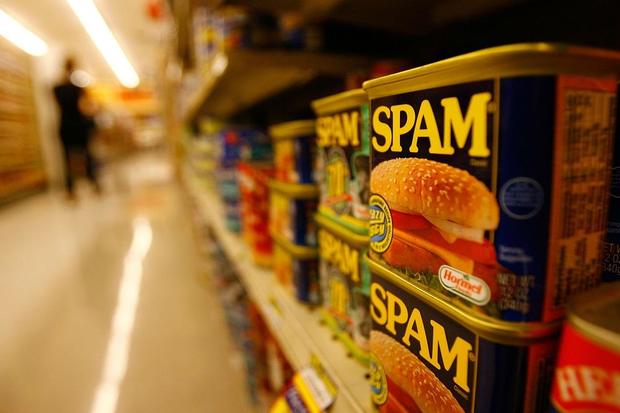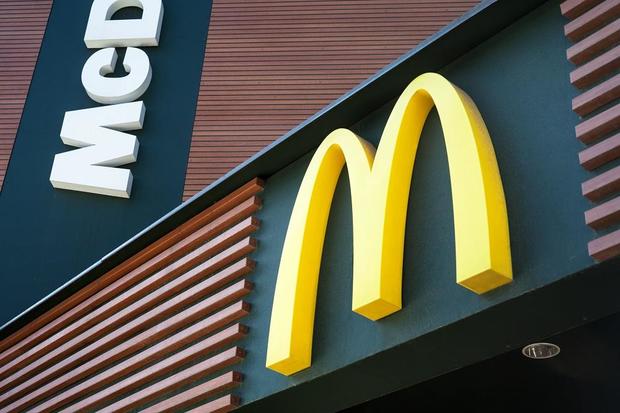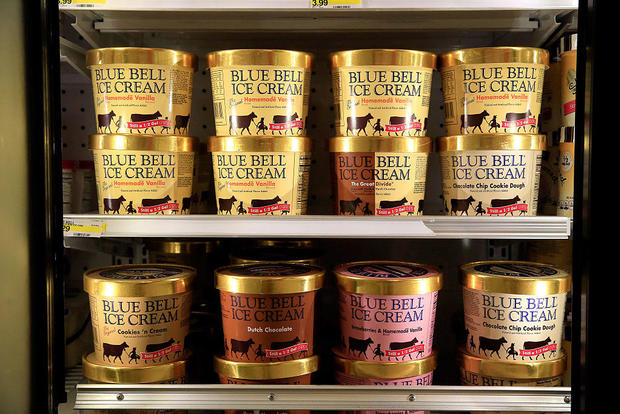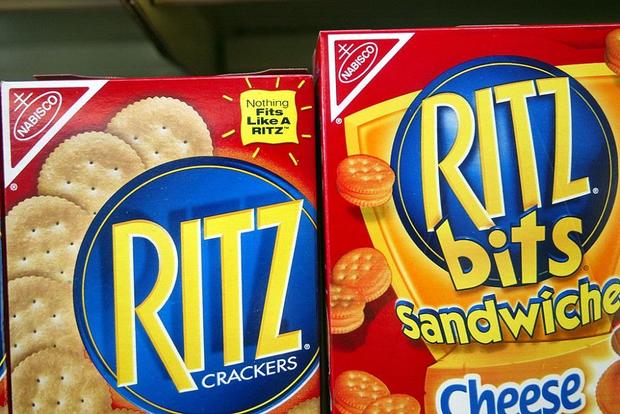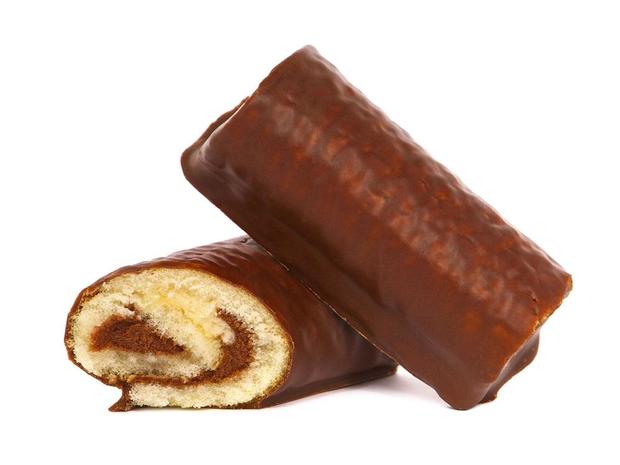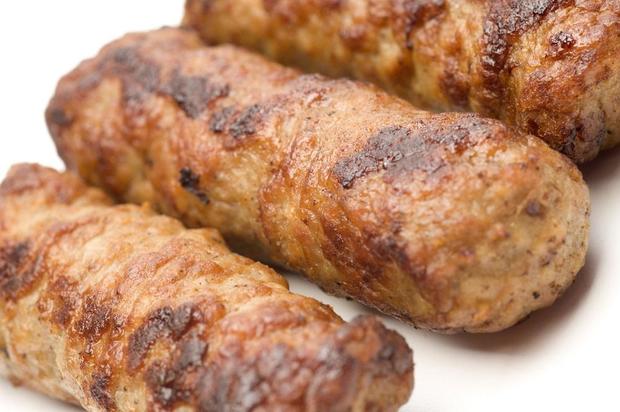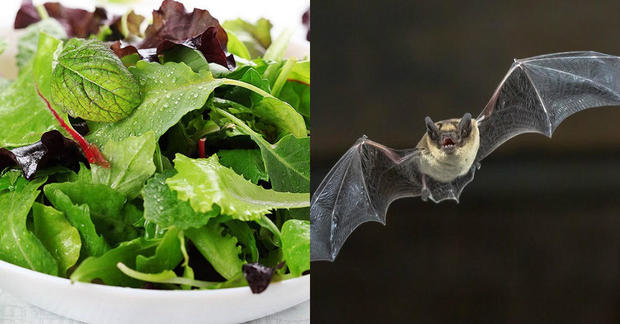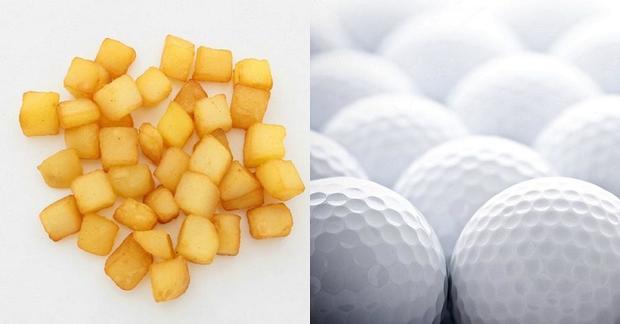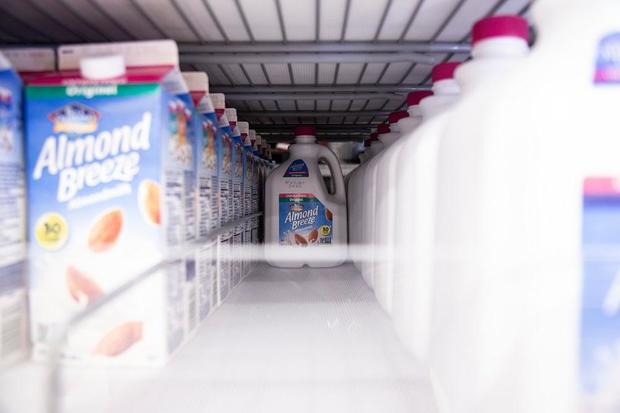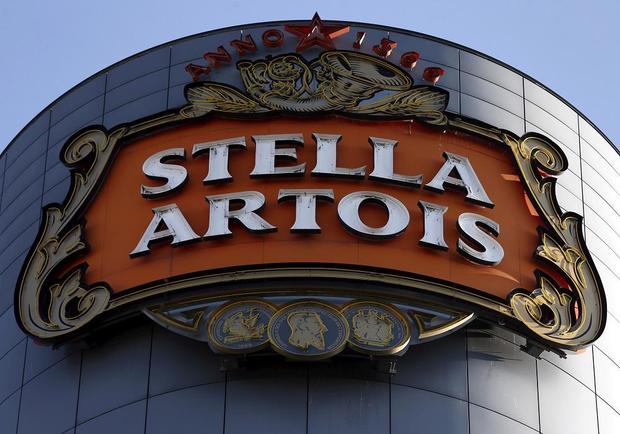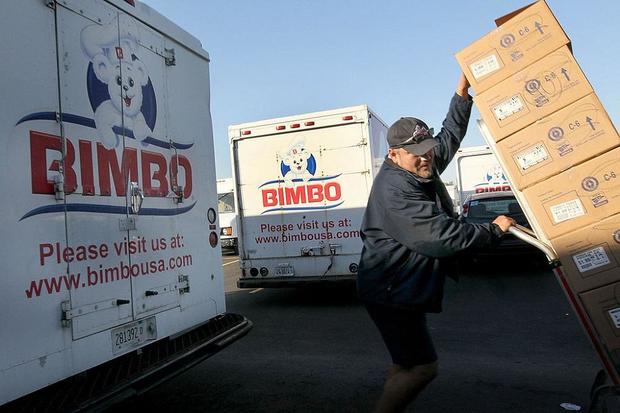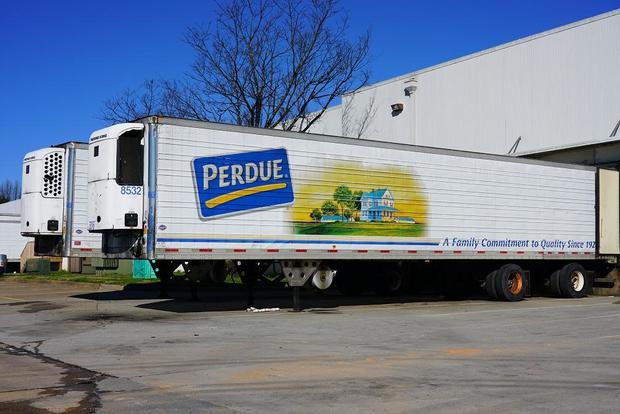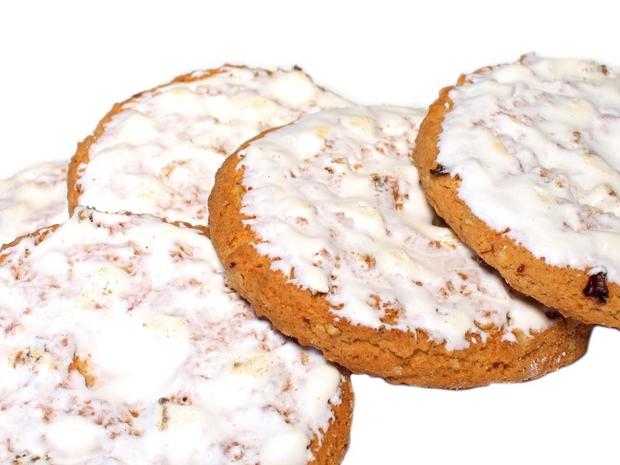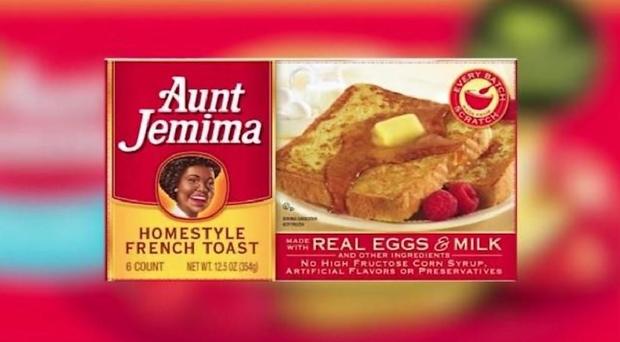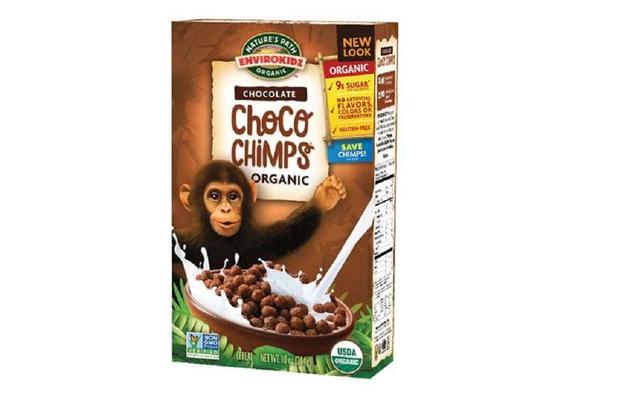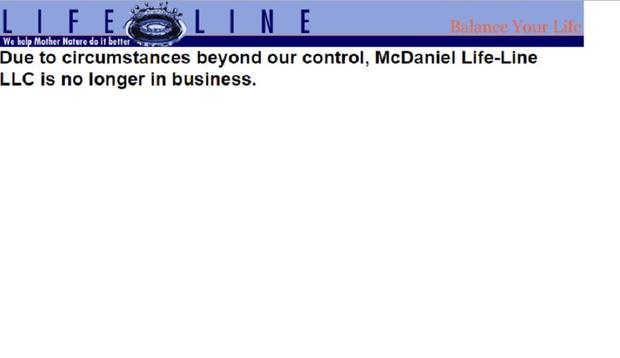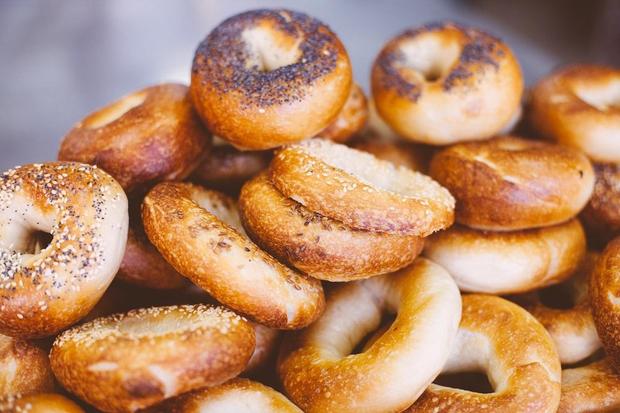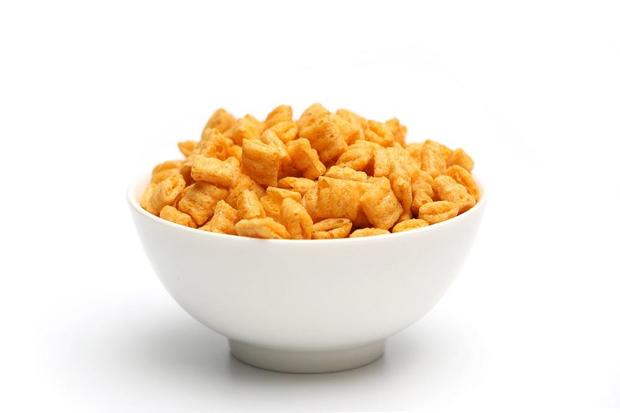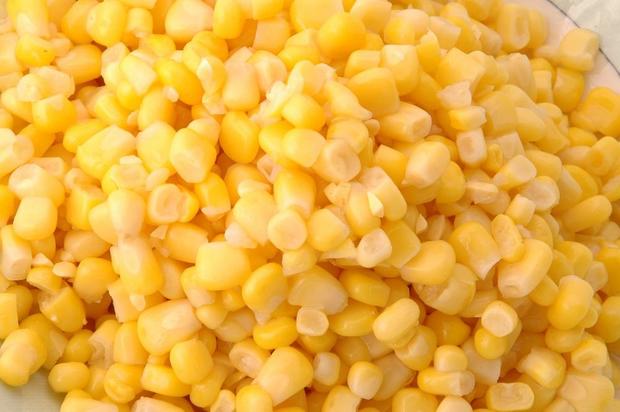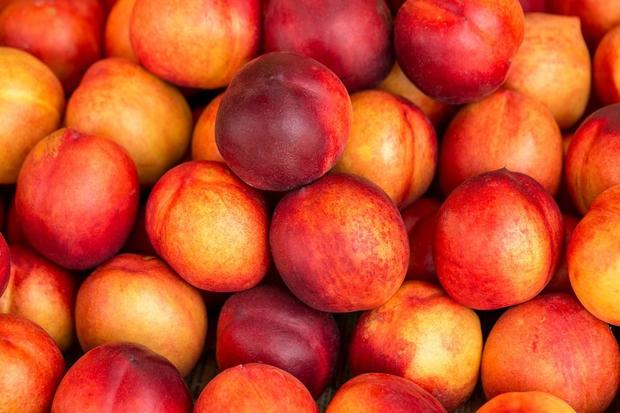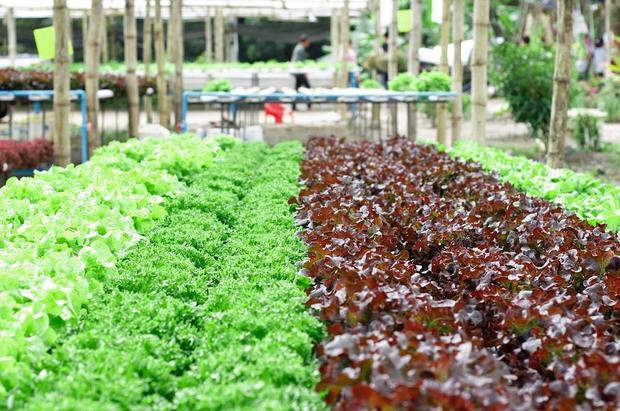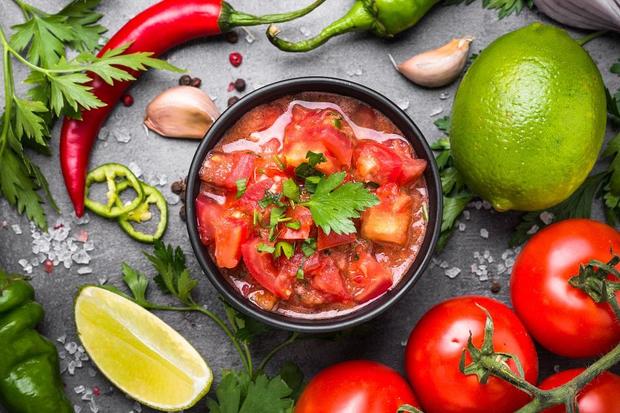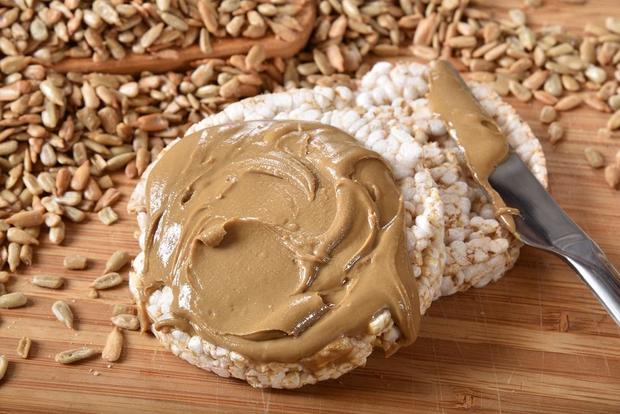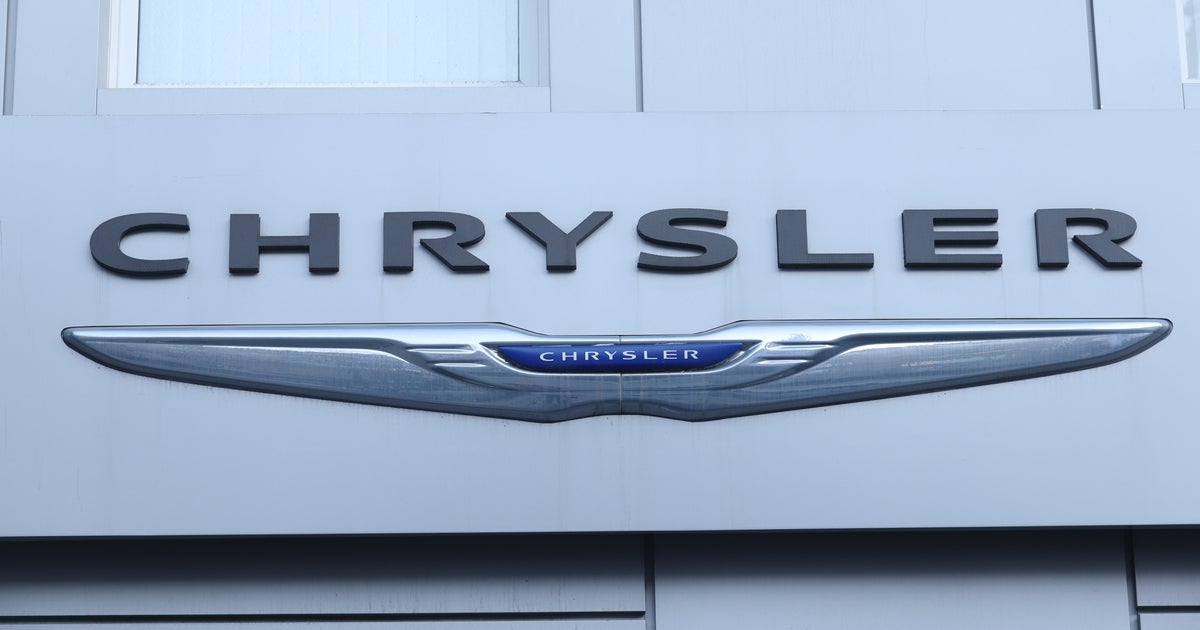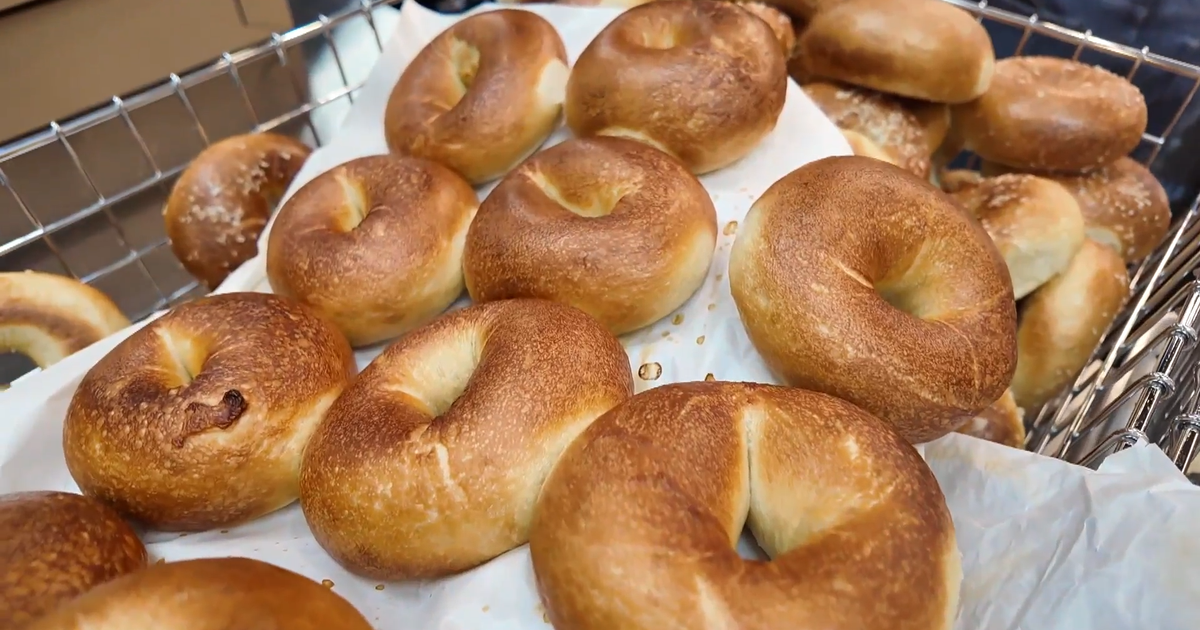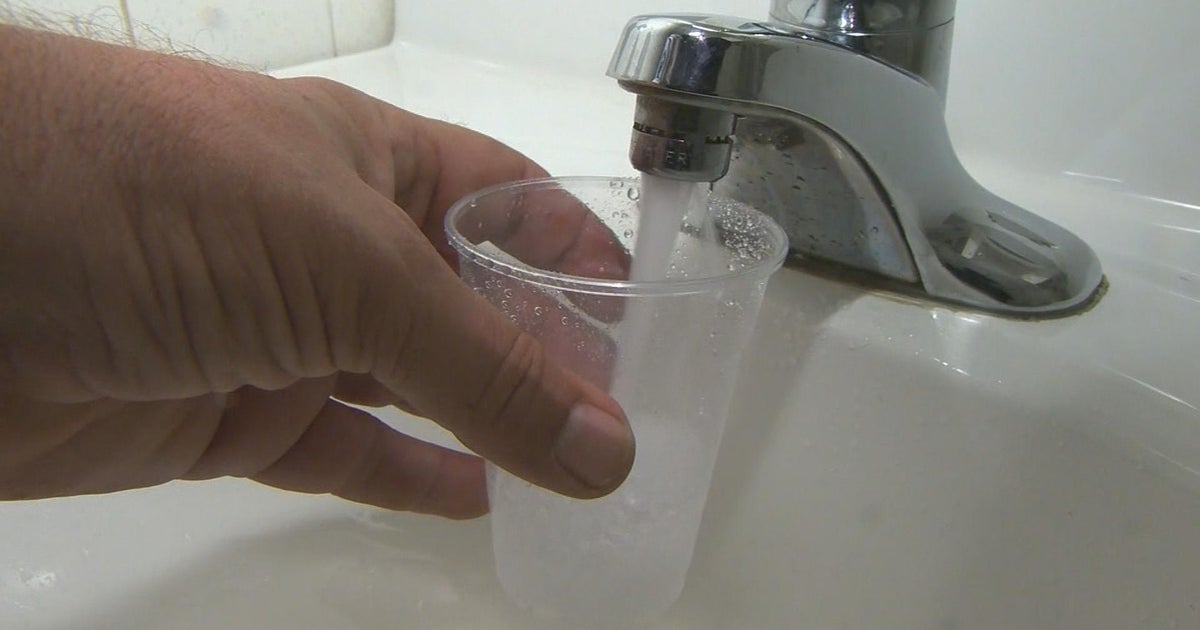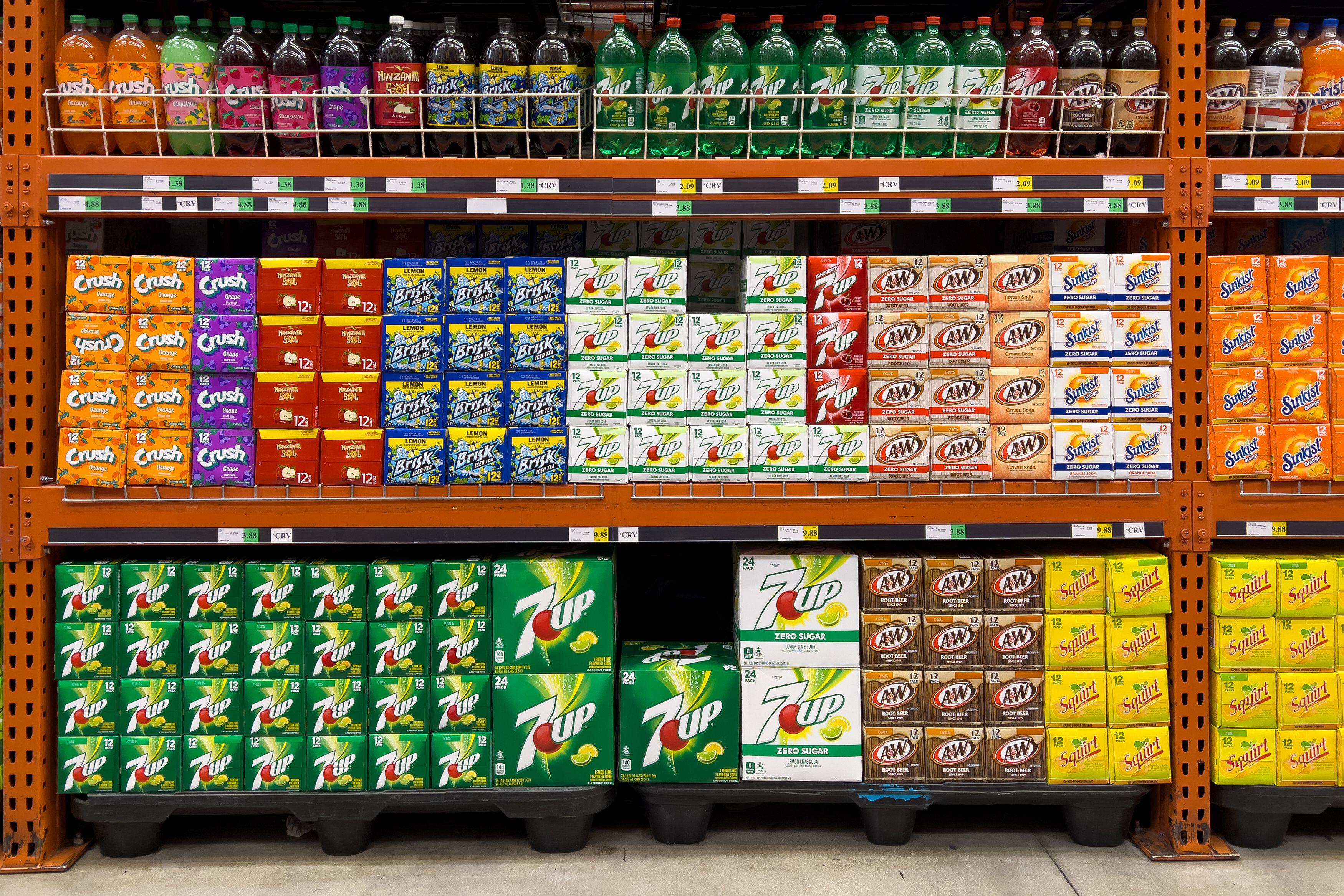America's surprising food recalls
Another day, another food recall in America. Often times, it doesn't just seem that way; it is that way.
A recent report by the watchdog Public Interest Research Group found that U.S. food recalls increased 10 percent from 2013 to 2018. The recalls have affected not just the usual suspects -- poultry, pork and beef -- but beer, cookies, breakfast cereal, and... keep reading to find out more...
Avocado recall, 2019
On March 23, 2019, Henry Avocado announced a recall of California-grown whole avocados out of concern of possible listeria contamination. No illnesses were reported.
Click the arrows to see other recalls from recent years that, owing to their scope, their seeming randomness, or their overall yuck factor, may surprise you.
Chewy Chips Ahoy recall, 2019
In April 2019, Mondelēz Global announced a recall of some 13-ounce packs of Chewy Chips Ahoy out of concern the cookies contained an "unexpected solidified ingredient." The food-maker said it had received reports of "potential adverse health effects."
Kellogg's Honey Smacks recall, 2018
In June 2018, the cereal giant recalled this breakfast staple after it was identified as the possible source of a salmonella outbreak that ultimately hospitalized 34 people, and sickened 135.
In September 2018, the U.S. Food & Drug Administration said it was working with Kellogg's "to ensure Honey Smacks are safe when they are again available to consumers." A month later, the cereal began returning to stores with what Kellogg's said was "a simpler, updated recipe."
Hostess White Peppermint Twinkies recall, 2017
This January 2017 recall was linked to two others (by a chocolate company and milk-processing facility), and was concerned with potentially salmonella-tainted milk powder on the limited-edition, holiday-themed Twinkies.
No illnesses were reported.
Duncan Hines cake-mix recall, 2018
A whopping 2.4 million boxes of the brand's cake mixes were recalled in November 2018 after a sample of Duncan Hines Classic White mix tested positive for salmonella. Three other Duncan Hines cake-mix varieties were recalled, too.
Per the FDA, seven related illnesses were investigated, but in January 2019, the agency said it could not directly link the sickened people to the cake mix. The FDA issued a blanket warning that advised consumers to not eat uncooked cake batter, cake mix or flour.
Boston Market frozen-dinner recall, 2019
In February 2019, nearly 175,000 pounds of Boston Market-branded frozen boneless pork rib entrees were recalled after pieces of glass or hard plastic were found in the rib-shaped patty.
No injuries were reported, the U.S. Department of Agriculture said.
Taco Bell cheese-dip recall, 2018
In July 2018, roughly 7,000 cases of Taco Bell Salsa Con Queso Mild Cheese Dip were recalled due to botulism concerns.
No illnesses were reported.
Tyson chicken nuggets recall, 2019
In January 2019, more than 36,000 pounds of chicken nuggets were recalled after customers reported "small pieces of soft, blue plastic" in 5-pound bags labeled, "Tyson White Meat Panko Chicken Nuggets."
There were no reports of "adverse reactions due to consumption of these products," the USDA said.
Tyson chicken strips recall, 2019
In March 2019, less than two months after the nugget recall, the company pulled more than 69,000 pounds of frozen chicken strips due to concerns certain varieties contained pieces of metal.
There were no reported injuries, the USDA said.
Hy-Vee cheesecake recall, 2019
This January 2019 recall came after the Midwestern grocery-store chain learned that a Diamond Crystal Brands cheesecake mix used in some of its desserts was potentially tainted with salmonella.
No illnesses were reported at the time of the recall.
Spam recall, 2018
In May 2018, more than 228,000 pounds of two varieties of the Hormel canned meat were recalled in the United States and Guam after four customers complained of metal objects in the products.
The USDA said there were "reports of minor oral injuries."
McDonald's salad recall, 2018
In July 2018, the fast-food giant stopped selling salads at 3,000 outlets in 14 states after customers reported stomach ailments later linked to the cyclospora parasite. McDonald's subsequently switched to a new salad-mix supplier in those states.
In a September 20218 wrap-up, the FDA said 24 people were hospitalized and 511 sickened in the parasitic outbreak that was "likely" linked to the salads.
Blue Bell ice cream recall, 2015
In a notorious 2015 episode, Blue Bell Creameries recalled all of its products, including 8 million gallons of ice cream, plus other frozen treats, amid a listeria outbreak linked to three deaths and 10 hospitalizations.
The brand began returning to stores in 2018.
Beech-Nut baby-food recall, 2015
This 2015 recall, involving more than 1,900 pounds of Stage 2 Beech-Nut Classics Sweet Potato & Chicken, was prompted after a customer found a glass fragment in a jar.
One oral injury was reported, the USDA said in 2015.
Pepperidge Farm Goldfish crackers recall, 2018
In July 2018, a reported 3.3 million packages of the kid favorite were recalled in a salmonella scare linked to whey powder.
No illnesses were reported.
Ritz crackers recall, 2018
In July 2018, 16 varieties of this favorite cracker were recalled. The recall was part of the same whey powder-related salmonella scare that prompted the Goldfish crackers recall.
No illnesses were reported.
Flower Foods swiss-rolls recall, 2018
In July 2018. the Georgia-based baked-foods giant recalled the treats sold under its Mrs. Freshley's, Food Lion, H-E-B, Baker's Treat, Market Square and Great Value brands due to the whey powder-linked salmonella scare that also affected some Goldfish and Ritz crackers.
Another Flower Foods product, Captain John Derst's Old Fashioned Bread, was pulled in the same recall.
In a statement from the time, the FDA reported no confirmed illnesses linked to its investigation.
Marketside green-bean recall, 2019
Fear of listeria contamination was behind the February 2019 recall of this brand of fresh, packaged green beans sold at some Walmart stores in nine states in the South.
Marketside's bagged and cubed butternut squash was recalled in the same effort.
No illnesses were reported.
Jimmy Dean sausage recall, 2018
In December 2018, more than 29,000 pounds of frozen links produced at a Kentucky plant owned by CTI Foods were recalled after five customers complained of finding metal pieces in the variety labeled, "Jimmy Dean Heat 'n Serve Original Sausage Links Made with Pork & Turkey."
No "adverse reactions" were reported, the USDA said.
Organic Marketside Spring Mix packaged salad recall, 2017
This April 2017 recall was prompted after two customers in Florida found a dead bat in a container of the salad mix. The recall was limited to salads distributed to Walmarts in the Southeast.
The Centers for Disease Control tested the bat for rabies, but its "deteriorated condition" prevented any firm conclusions.
The customers who found the bat showed no signs of rabies, the CDC reported in April 2017.
McCain Foods hash-browns recall, 2017
This April 2017 recall was prompted by concern that "extraneous" golf balls were harvested with potatoes used in two varieties of the company's frozen brands, per the FDA.
There were no reported injuries.
Almond Breeze almond-milk recall, 2018
In August 2018. more than 145,000 cartons of refrigerated Vanilla Almond Breeze milk were recalled after a manufacturing mishap contaminated a batch with dairy milk.
One allergic reaction was reported at the time of the recall.
Stella Artois beer recall, 2018
In April 2018, the brand's Anheuser-Busch parent company recalled 6-, 12-, 18- and 24-bottle imported variety packs sold under the name "Best of Belgium" amid concern the 11.2-ounce Stella Artois bottles might contain glass particles.
A Stella Artois exec called the recall "precautionary." There was no mention of consumer complaints or injuries.
Bimbo Bakeries bread recall, 2015
In August 2015, certain bread varieties of the company's Sara Lee, Nature's Harvest and other brands were recalled after three consumers reported pieces of glass on the outside of the bread.
The company said the contamination was the result of a shattered light bulb at one of its bakeries.
No injuries were reported.
Perdue Farms gluten-free, organic chicken nuggets recall, 2019
In January 2019. more than 68,000 pounds of Perdue nuggets were recalled after three consumers reported finding wood in one frozen variety, "Perdue SimplySmart Organics Breaded Chicken Breast Nuggets Gluten Free."
There were no reports of "adverse reactions," the USDA said. The agency said 11,280 pounds of the product had been recovered.
Dollar General iced-oatmeal cookies, 2018
In January 2018, the discount retailer recalled iced-oatmeal cookies accidentally packaged as coconut macaroons. The mix-up, involving Dollar General's Clover Valley brand, resulted in "undeclared milk and tree nuts," the company reported.
No illnesses or allergic reactions were reported.
Aunt Jemima frozen breakfast food recall, 2017
In May 2017, concern over possible listeria contamination prompted a recall of a variety of Aunt Jemima-branded frozen pancakes, French toast and waffles in the United States and Mexico.
No illnesses were reported.
Nature's Path Organic Foods breakfast-cereal recall, 2019
In February 2019, a reported 450,000-plus boxes from the company's EnviroKidz gluten-free-branded Choco Chimps, Gorilla Munch and Jungle Munch were recalled in the United States and Canada due to undeclared wheat and barley, both of which contain gluten.
There were no reported complaints or allergic reactions.
Life-Line water recall, 2019
In March 2019, a Texas-based business apparently closed after the FDA found 1-gallon bottles contaminated with a bacteria, and the company recalled all of its Life-Line water.
The FDA said the contamination could lead to the "remote" chance of "medical or surgical intervention to preclude or reverse permanent damage to a body structure or function."
There were no reported illness at the time of the announcement.
Sara Lee and Thomas bagels recall, 2013
In January 2013, Bimbo Bakeries' parent company recalled various Thomas, Sara Lee and Publix bagels after it found metal fragments in two packages. One variety of Weight Watchers-branded bagels was recalled, too.
There were no reported injuries.
Cap'n Crunch's Peanut Butter Crunch recall, 2018
In November 2018, 21 boxes shipped to five Target stores in Kansas, Missouri and Nebraska were recalled amid concern of possible salmonella contamination.
No illnesses were reported.
Del Monte canned-corn recall, 2018
In December 2018, nearly 65,000 cases of canned corn were recalled in 25 U.S. states and 12 other countries out of concern over possible bacteria contamination.
No illnesses were linked to the recalled product, Del Monte's red-and-green-pepper-accented Fiesta Corn, the company said.
Pillsbury and General Mills flour recalls, 2019
In 2019, the two food giants separately recalled bags of unbleached flour over concerns of salmonella contamination.
In March 2019, Pillsbury's parent company, Hometown Food Company, recalled a reported 100,000 5-pound bags of Pillsbury Unbleached All-Purpose Flour; in January 2019, General Mills recalled an unspecified number of 5-pound bags of its Gold Medal Unbleached Flour.
There were no illnesses reported with either recall, and the companies reminded consumers to never eat uncooked flour or raw dough.
Nectarine, plum and peach recall, 2019
In January 2019, more than 3,200 cartons of these stone fruits were recalled in 18 states by the New York-based fruit distributor Jac Vandenberg due to concerns over possible listeria contamination.
No illnesses were reported.
Red-leaf and green-leaf lettuce recall, 2018
In December 2018, California's Adam Bros. recalled red- and green-leaf lettuce, along with cauliflower, after water on the company's farm tested positive for E. coli.
The E. coli was from the same strain that public agencies linked to a fall 2018 romaine lettuce outbreak that sickened 62 people, sending 25 to the hospital.
The Adam Bros. recall prompted another company, Spokane Produce, to recall sandwiches, under the Northwest Cuisine Creations and Fresh & Local labels, which contained the recalled lettuce. The sandwich recall also occurred in December 2018.
No illnesses were linked to the sandwiches. No illnesses were linked to the recalled Adam Bros. products, either, nor did any of those products test positive for E. coli, the company said.
Government agencies declared the fall 2018 E. coli outbreak over in January 2019.
Concord Foods salsa-mix recall, 2019
In February 2019, the Massachusetts-based company recalled its Concord Fresh Success Mild Salsa Seasoning Mix because its packaging didn't declare milk as an ingredient, posing a risk to those with milk allergies.
No consumer complaints or illnesses were reported.
Oskri Organics nut butters recall, 2019
In January 2019, one month after Wisconsin's Oskri Organics initiated a recall of some of its sunflower and tahini butters due to concerns of listeria contamination, the company recalled all of its nut butters with "best by" dates of June 2020 and earlier.
No illnesses were reported, the company said. The FDA has posted no updates, but Wisconsin's Lake Mills Leader reported in March 2019 had closed and sold its Lake Mills, Wisconsin, facility. And while at publication time the company's website listed nut butters for online sale, its phone numbers were disconnected.
